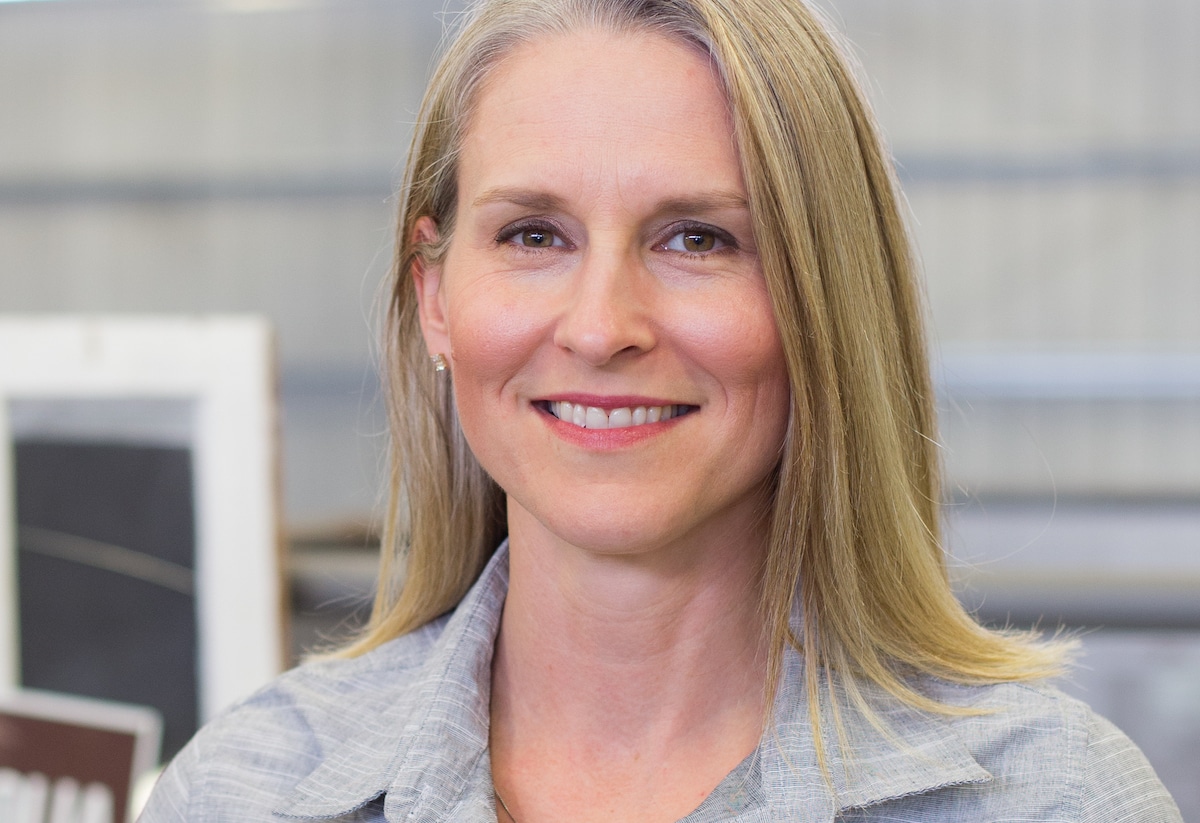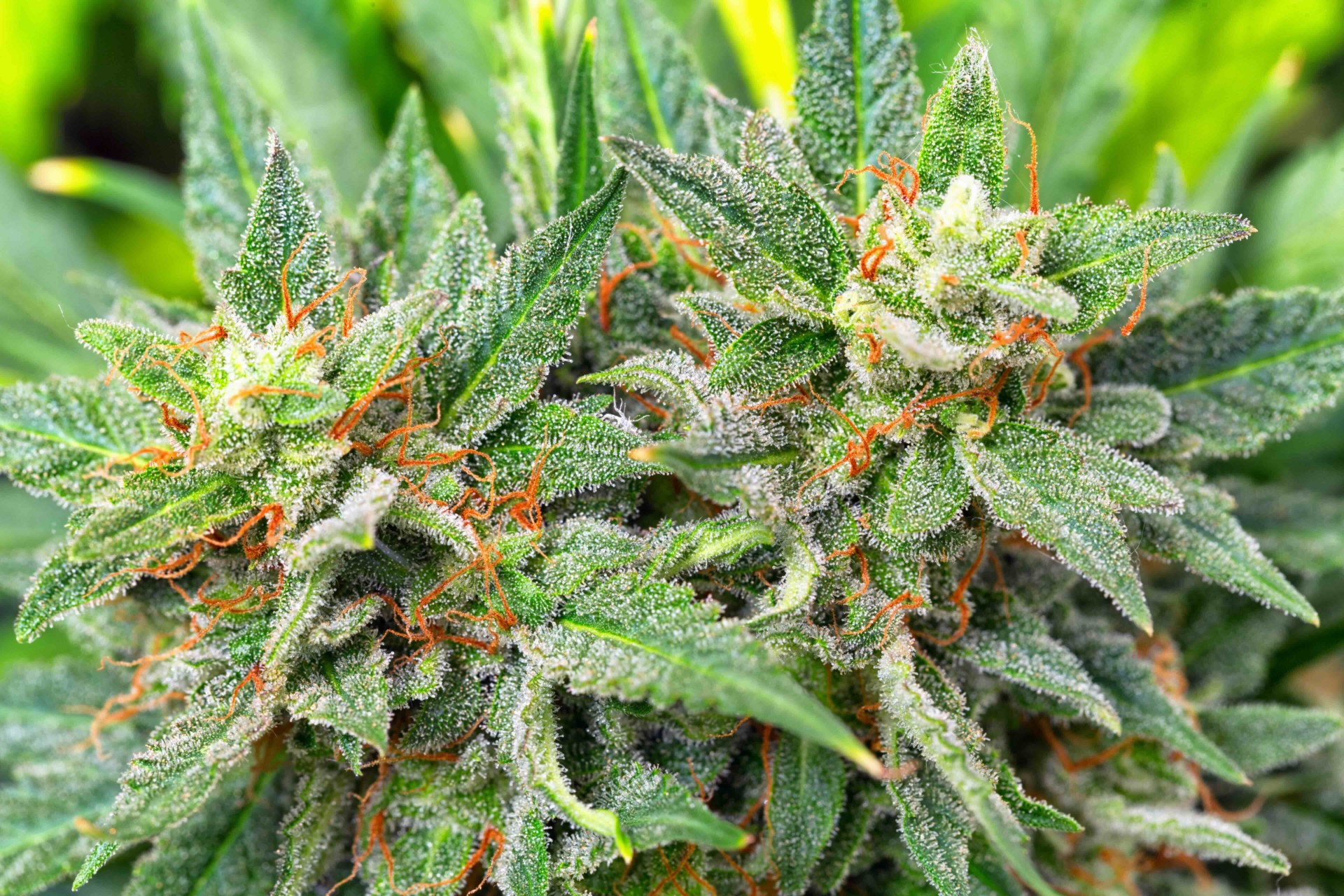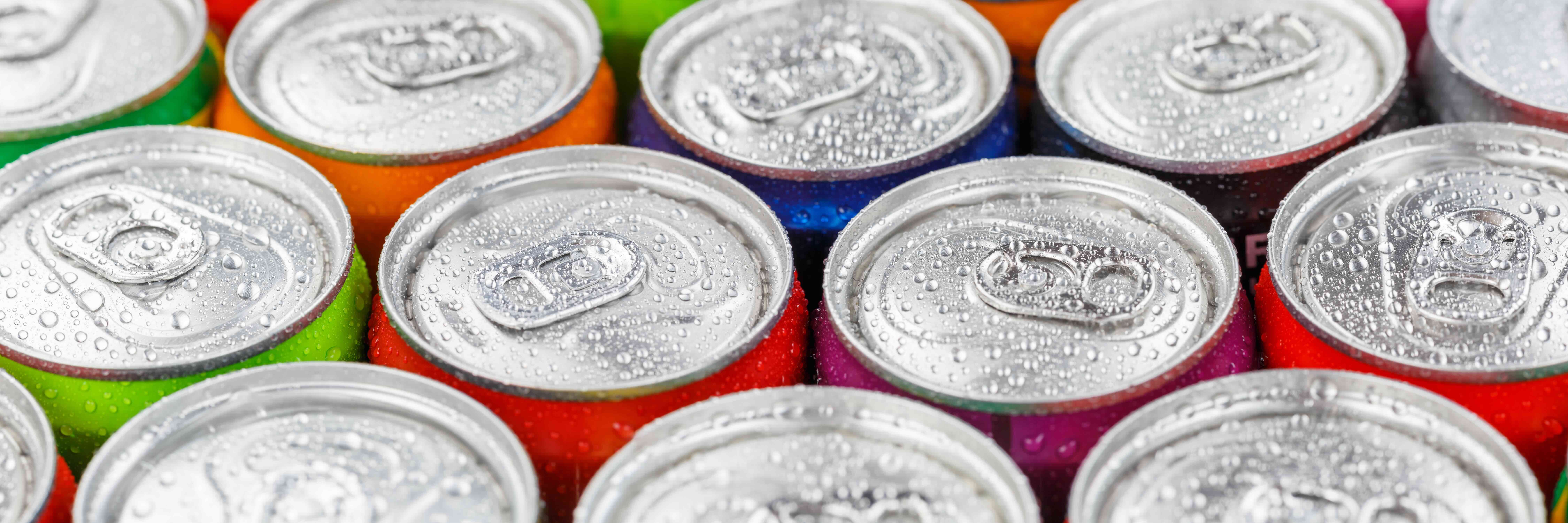
Women in Brewing: Leslie Henderson
This article on Leslie Henderson kicks off a four-part series on women in craft brewing in the state of Mississippi. Enjoy!
There's a misconception that brewing beer is something only men do. The truth is that 21 percent of U.S. breweries had at least one woman as co-founder, CEO, or head brewer in 2014, according to a Stanford University study. Mississippi, while it often lagging behind in national trends, actually does well in this respect, boasting its share of women in powerful positions at craft breweries.
Leslie Henderson, general manager, Lazy Magnolia Brewing Company: "Pioneers get slaughtered. Settlers thrive. It's hard to be first."
After earning a master's degree in chemical engineering, Leslie Henderson worked for a start-up company producing a new type of high-performance polymer, a material experts said could not be made.
That experience, she says, translated directly into starting a brewery in a state where everyone thought it was illegal. "Hey, once you've done the impossible, everything looks easy."
Leslie Henderson is co-founder and general manager of Lazy Magnolia, Mississippi's oldest craft brewery.
The native of Nanih Waiya, located between Louisville and Philadelphia, Miss., says she and husband Mark, also an engineer, wanted to stay in the state and do something to make it better.
Bringing the craft beer industry to Mississippi by opening the state's first brewery looked like a good way to do that. They had home-brewing experience, so they felt they had the technical skills they needed to get started.
It took two years to write the business plan, graduate from the American Brewers Guild brewery education program, complete the internship, find funding, and locate an appropriate building.
Although they've been open since 2005, the Mississippi State University alumna says she still doesn't have the brewery she and her husband envisioned, but they are working on it.
As general manager, Henderson is in charge of accounting, human resources, logistics, compliance--and some janitorial tasks. Other than the heavy lifting, she doesn't find being a woman brewer particularly challenging. The average woman can't lift as much as the average man, she says, nor reach as high.
"I know plenty of tough ladies who can outwork most men, and I am not suggesting that women are weak. Brewing is very physically demanding," she said.
The real challenge came in just being allowed to open a brewery in the first place. The Hendersons had to have the initial brewery mostly built before they were able to apply for permits. Funding that development presented a huge hurdle. Friends and family provided some funding for the start-up cash, which they leveraged to get their first bank loan.
"Imagine telling a bank that you need to borrow a bunch of money to do something that has never been done before--and that you can't even apply for the permit until you've spent the money," she said. "We were laughed out of one bank and asked politely to leave several more."
Henderson credits a visionary banker for finally giving them the loan they needed. "Dusty Rhodes of Whitney Bank came to the rescue. He was a true community banker and spent his life making a positive difference for our state. He believed in us," she said. "I like to think that we made him proud. He passed away not too long ago."
Henderson says they found used equipment and built a lot of necessities themselves. The insurance money from her Hurricane Katrina-destroyed house also went straight into the brewery, and they chose to be homeless while getting everything in order.
Fourteen years later, business is still hard, she says. "Beer is harder than other businesses because we pay taxes that no other small business pays--on top of the ones that all the other businesses pay."
The fact that they're in a highly regulated industry adds to the business challenges. "We have a lot of obstacles to selling our beer--compared to selling pretty much any other product on the planet. This results in crazy low margins. We had to get involved in the legislative process--both federal and state--to make changes that would allow our brewery a chance for survival. That was a crazy learning curve."
The mistakes have been, for the most part, a valuable education, she says.
"But my most painful mistakes, the ones that haunt me, involve my personal lack of diplomacy and tact early on," she said. "I am, by nature, a very direct and unemotional person. That doesn't play well in an industry built on relationships. I had to learn, the hard way, that facts only matter if feelings are taken into account. How you say it is more important than what you say."
Henderson attributes Lazy Magnolia's success to the fact they simply have not given up. It's day-to-day survival. She will consider the brewery successful when she hears Mississippians requiring restaurants and grocery stores to showcase local products—beer, produce, meats and cheeses.
Aspiring food and beverage entrepreneurs would benefit from doing their research and gaining real experience in whatever business they're interested, Henderson says.
"Remember that you are building a business first and foremost. The business does certain things, and has certain missions, and has certain goals, but the business is what you are building," she said.
"Inside that business is a process that builds brands. Brands are a promise between you and the customer. And you must carefully cultivate and maintain that brand."





